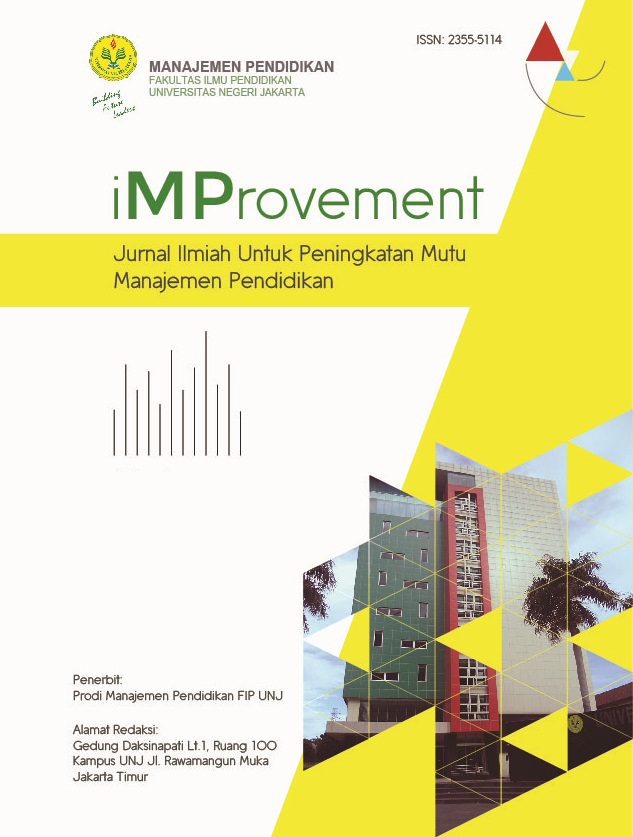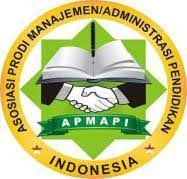The Influence Of Guided Inquiry Learning Models On Students' Critical Thinking Skills And Science Learning Outcomes At Primary School Level
DOI:
https://doi.org/10.21009/improvement.v10i2.37407Keywords:
Learning Model, Guided Inquiry, Critical Thinking Skills, Learning OutcomesAbstract
This study aims to analyze the learning model of Guided Inquiry on Critical Thinking Skills and learning outcomes. The type of research used in this research is quantitative research (quasi experiment). The subjects used in this study were students of class V with a total of 58 students consisting of two classes (VA and VB). The instruments used in this study were in the form of instruments, namely tests, observation sheets and documentation. Data analysis techniques were carried out, namely descriptive tests (mean, median, mode and standard deviation) and inferential tests (Normality, Homogeneity and Manova). Based on data analysis using SPSS 25, the normality test for cyan literacy and learning outcomes using Kolmogorov-Smirnov is sig > 0.05 from the pretest and posttest results of the control and experimental classes and the homogeneity test using the based mean is sig > 0.05 from the pretest and posttest results of the control and experimental classes, while the Manova test shows a significance value of 0.000. 0.000 < 0.05 then
Downloads
Published
How to Cite
Issue
Section
License
Copyright (c) 2023 Sunarti, Nurlina, Maaruf

This work is licensed under a Creative Commons Attribution-NonCommercial-ShareAlike 4.0 International License.
Authors who publish with this Journal agree to the following terms:
- Author retain copyright and grant the journal right of first publication with the work simultaneously licensed under a creative commons attribution licensethat allow others to share the work within an acknowledgement of the work’s authorship and initial publication of this journal.
- Authors are able to enter into separate, additional contractual arrangementfor the non-exclusive distribution of the journal’s published version of the work (e.g. acknowledgement of its initial publication in this journal).
- Authors are permitted and encouraged to post their work online(e.g. in institutional repositories or on their websites) prior to and during the submission process, as it can lead to productive exchanges, as well as earlier and greater citation of published works.
-
Users/public use of this website will be licensed to CC BY-NC-SA (Attribution & Non-Commercial-ShareAlike)



